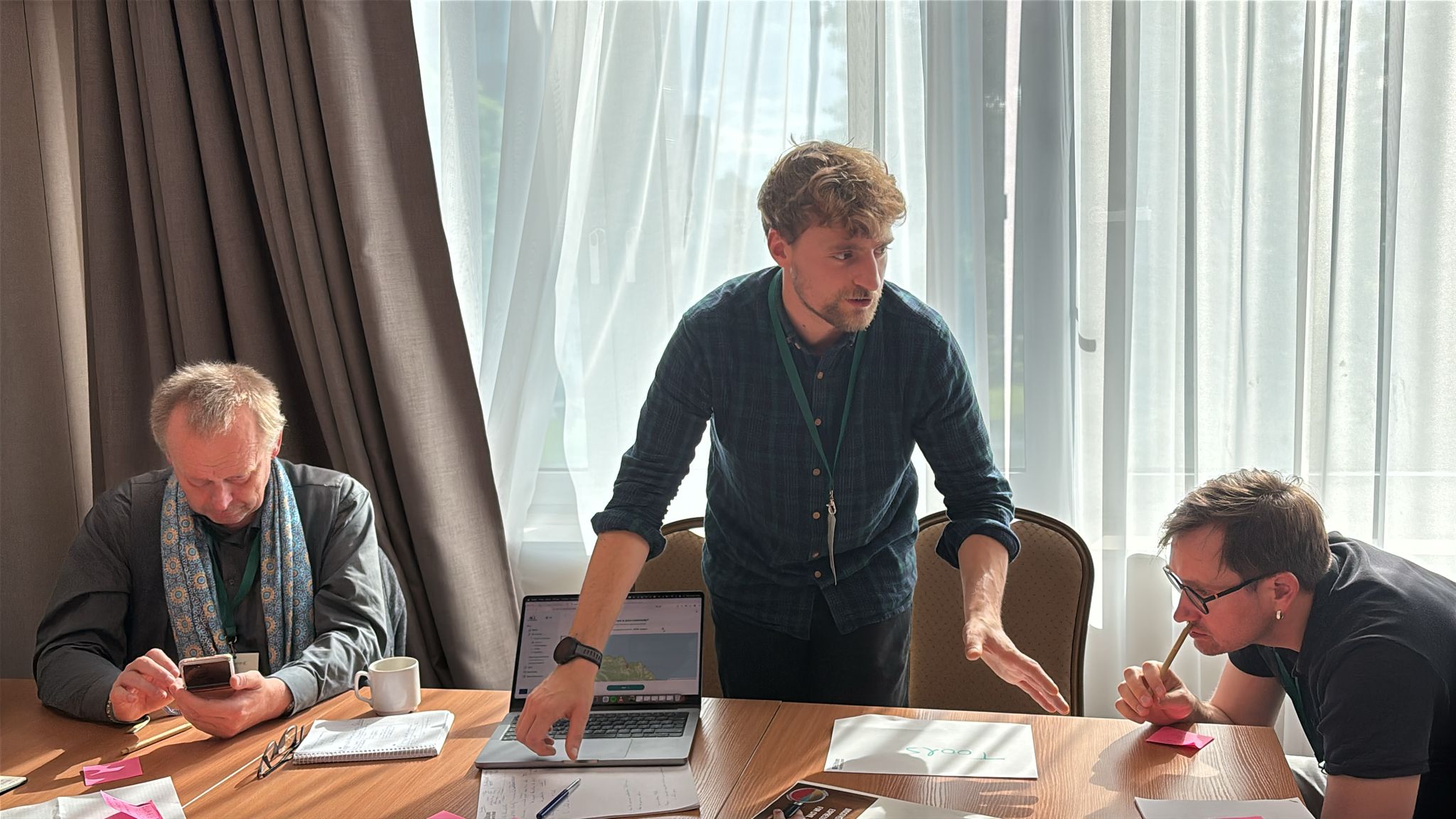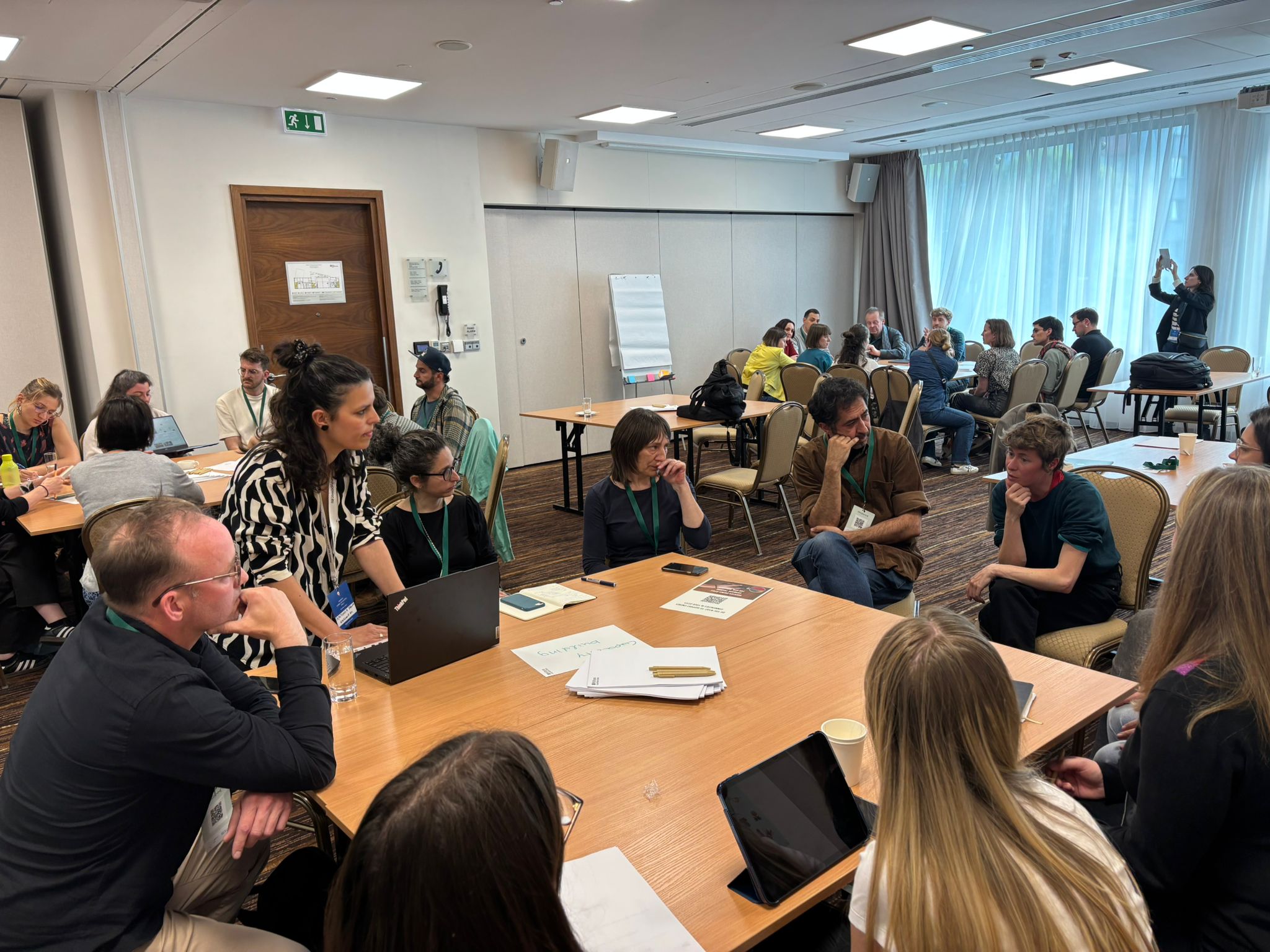

Empowering Citizens through Planning Tools: Reflections from the REScoop EU Annual Forum in Krakow

By Simon Dujardin
On May 21, 2025, in Krakow, we took part in the Annual Forum of Energy Communities, organized by REScoop EU — a major gathering that brought together participants from across Europe to explore the future of citizen-led energy.
Within this broader event, we contributed to a focused workshop on “Collaboration between Energy Cooperatives and Municipalities” where we presented our Citizen Planning Tool as a resource to support such collaboration.
The workshop was attended by over 40 participants — primarily municipality representatives and local stakeholders from across Europe. It provided a rich environment for discussions on proactive citizen engagement in the creation of energy communities.
We began by introducing the Citizen Planning Tool, followed by a collaborative brainstorming session on the conditions needed for meaningful citizen participation.
The tool was well received, particularly for how it makes the link between household use of electricity and familiar daily activities — such as streaming videos or cooking pizzas.
By translating energy consumption into concrete, relatable examples, climate and energy data is demystified. Municipal and local representatives saw a lot of potential in this approach, as it not only raises awareness but also serves as a practical entry point for starting meaningful discussions with citizens about their role in the energy transition and in shaping future energy communities.
Energy communities are a key part of the transition — they promote local ownership, reduce dependence on fossil fuels, and offer more stable, fair energy prices. In the face of climate change and rising energy costs, enabling citizens to actively participate in shaping local energy systems is more relevant than ever.
A particularly engaging part of the session focused on the use of predefined consumer/producer profiles within the tool to create energy scenarios (hospitals, schools, family homes, …). Participants were curious about how these profiles were built, what data informed them, and how realistic they are.
This sparked a lively discussion on how using recognizable profiles can help citizens better understand their own energy behaviors — that is, the patterns of how they consume and produce energy in daily life — by comparison, and how this kind of framing can make energy planning feel more accessible and relevant.
Another key theme that emerged was the strong motivation of municipalities to provide their citizens with the right tools — not just to inform, but to empower them to contribute actively to local energy strategies. The Citizen Planning Tool was seen as a promising step in this direction, especially because of its simplicity, clarity, and focus on everyday realities.
The interest and engagement sparked during the session showed that tools like the Citizen Planning Tool can play a vital role in turning awareness into action and in helping municipalities and citizens co-create the energy systems of tomorrow.

